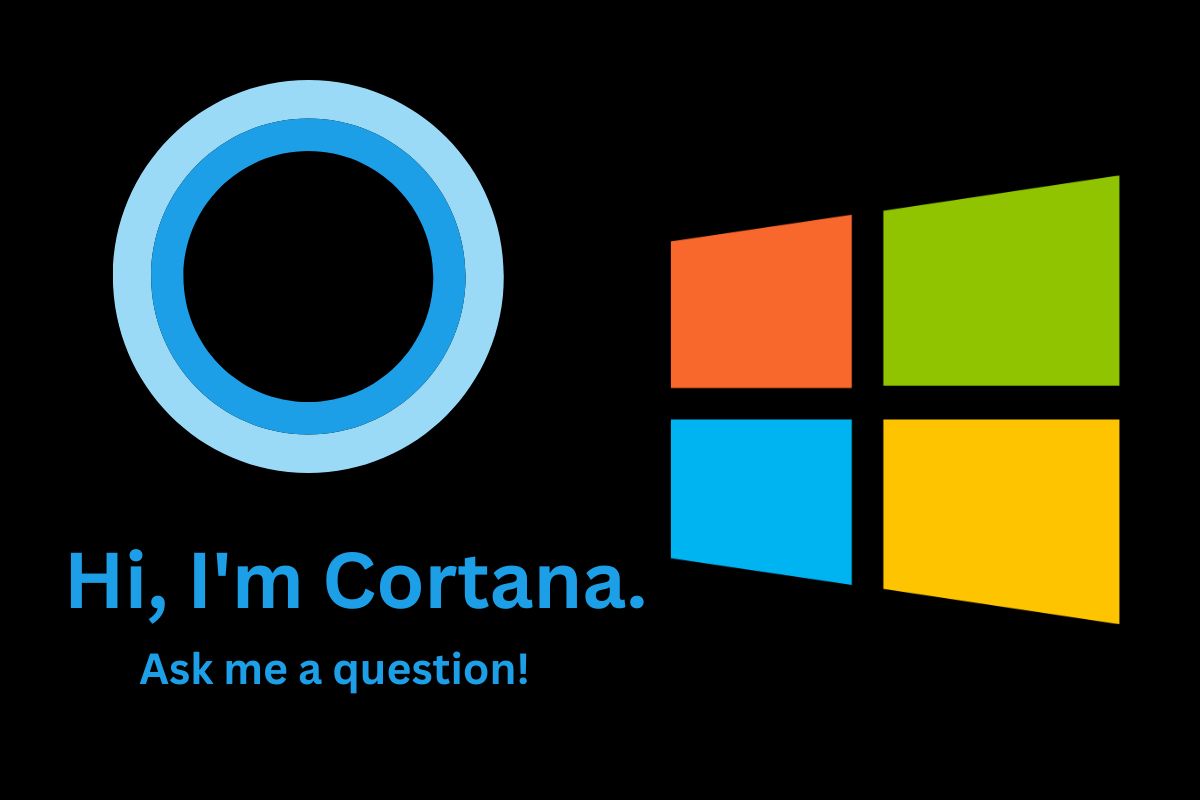Microsoft is closing down its digital assistant app, Cortana, this month. The company is now concentrating on modern AI advancements, such as Bing Chat, which is similar to ChatGPT, and other AI-powered productivity features in Windows and its web browser, Edge. The end of Cortana as a standalone app in Windows will take effect from August 2023. While a support page confirmed this decision, Microsoft hasn’t disclosed further details about their reasoning beyond what’s mentioned on the page itself.
Looking closely at the explanation, it seems Microsoft views Cortana as a stepping stone toward a more advanced AI future. Instead of Cortana, users will now turn to a smarter chatbot, powered by GPT-4, a result of Microsoft’s collaboration with OpenAI. In May, the company also revealed plans to integrate this new ChatGPT-based Bing experience directly into Windows 11.
During this transition, Windows users will witness Cortana in a modified state, as the standalone Windows app will no longer receive support. However, Microsoft’s statement assures that Cortana will remain accessible on various platforms, including Outlook mobile, Teams mobile, Microsoft Teams display, and Microsoft Teams rooms.
However, even these Cortana-powered experiences may not last long, as Microsoft has unveiled its intentions to introduce Bing Chat to the enterprise. The plan involves integrating Microsoft 365 Copilot into productivity software like Outlook, Teams, and other applications.
According to Microsoft’s support page, they understand that this change may impact how users work in Windows, so they want to make the transition easier. Instead of using the Cortana app, users can now explore different tools to fulfill their productivity needs using voice.
The company suggests various Cortana alternatives, such as Windows 11 voice access, which enables users to control their PC through voice commands. Additionally, they recommend exploring the new AI-powered Bing, Microsoft 365 Copilot, and Windows Copilot, which provide centralized AI assistance for Windows users. These options offer a seamless way to adapt to the changes and continue with efficient voice-based productivity.
The website Windows Latest (unrelated to Microsoft) was the first to report on the shutdown of the Cortana app. Users noticed that the latest update for the Cortana Windows app rendered it non-functional. When attempting to launch the app, a message informed users that “Cortana in Windows as a standalone app is deprecated” and directed them to the support page via a “Learn More” button.
Microsoft’s transition from its initial assistant Cortana to Bing Chat could potentially inspire other major tech companies to follow suit.
For instance, The Information recently reported that Amazon elevated its head scientist for Alexa, Rohit Prasad, to lead a team focused on developing artificial general intelligence. This move indicates that Amazon might be considering how Alexa could evolve into something more powerful than its current role as a digital assistant.
Similarly, Apple has been working on its own generative AI tools, as Bloomberg reported, although the company hasn’t yet determined how these tools will be made available to its customers. This suggests that Apple, too, is exploring avenues to enhance the capabilities of its digital assistant and related AI technologies.



